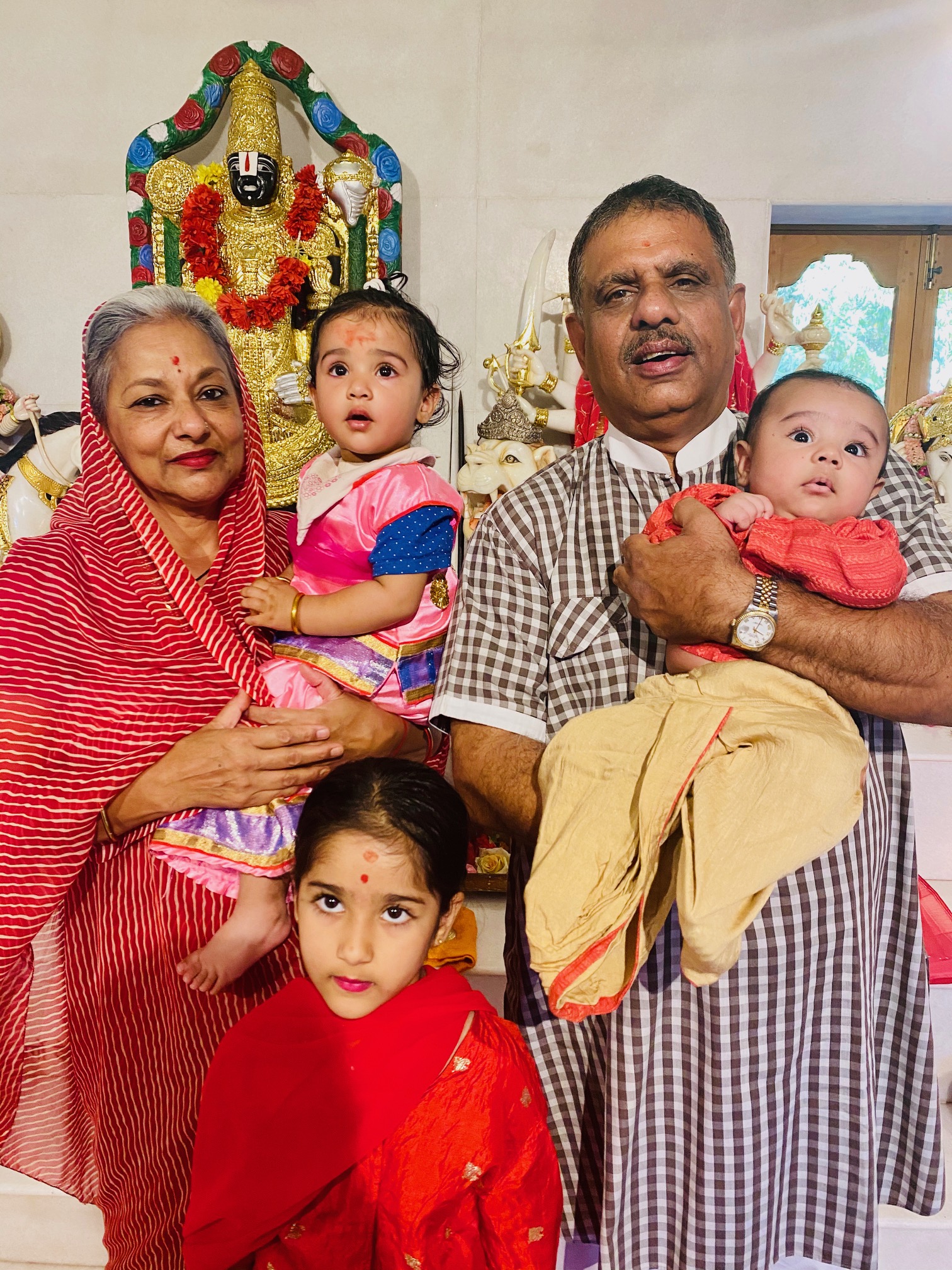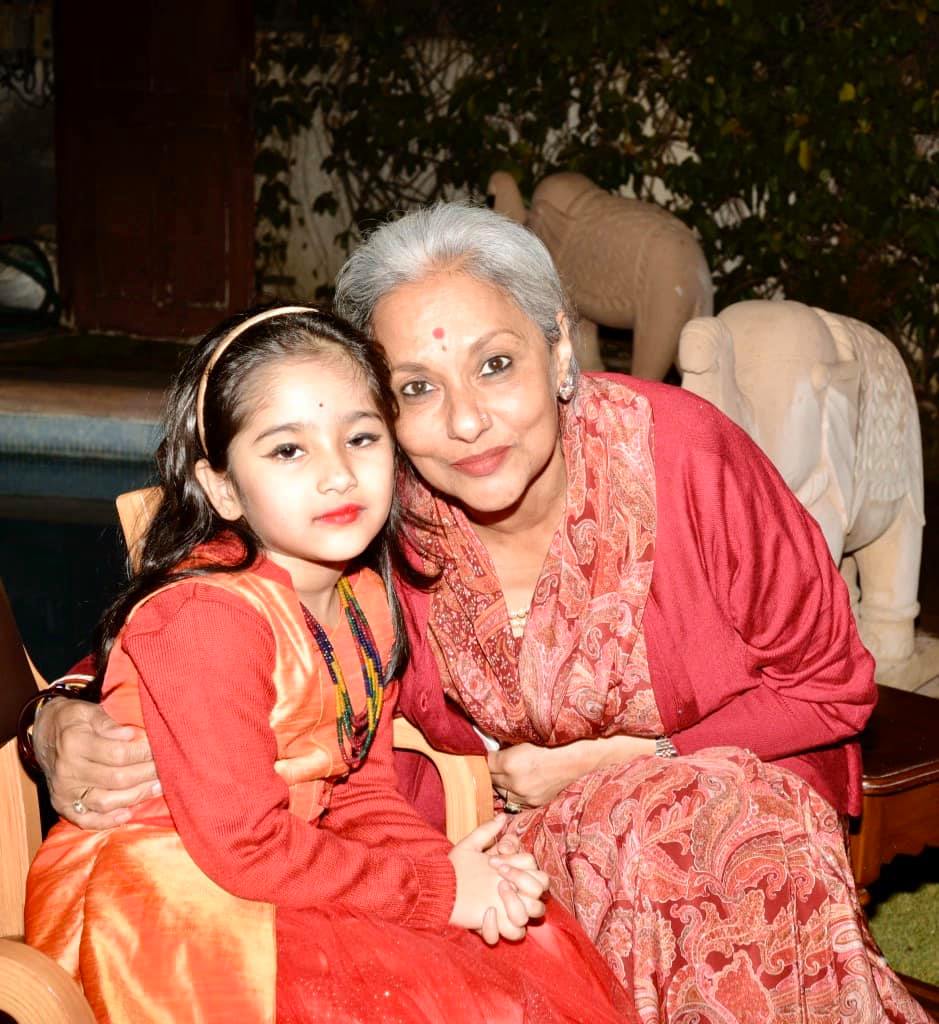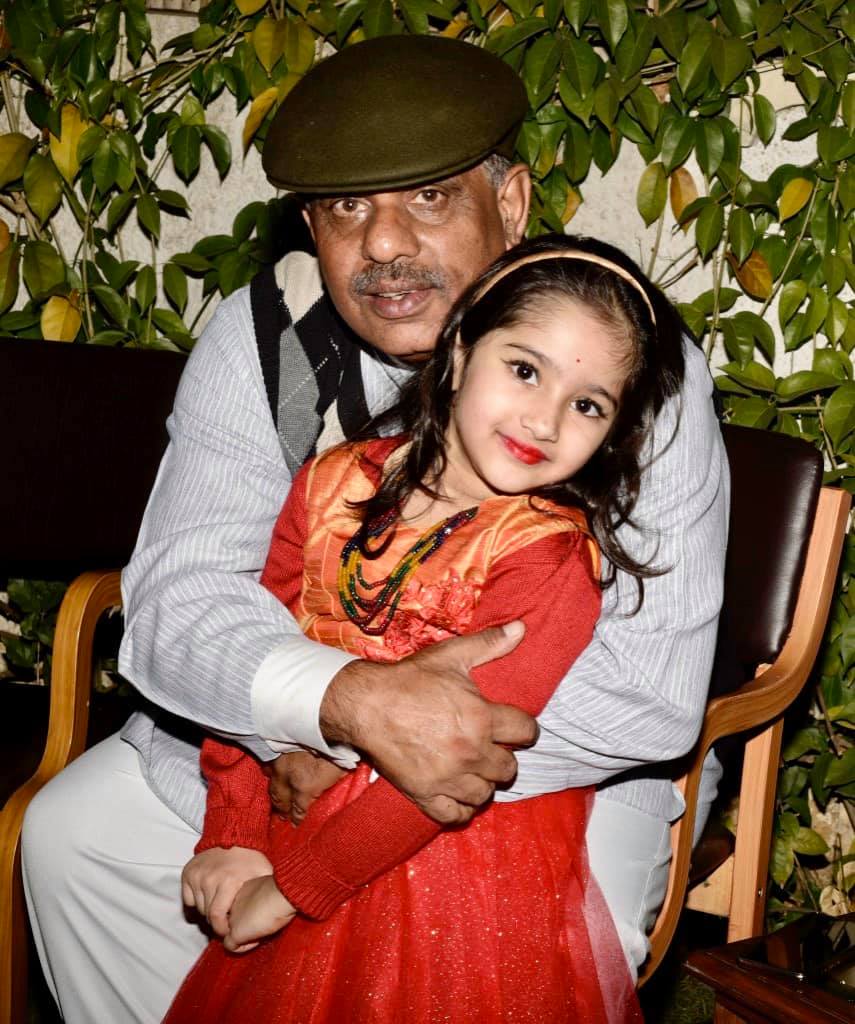As we get older, and as we become more self-conscious — we recognise our parenting patterns. And more often than less, we find that we’re copying our parents and wonder whether it is a good idea to do this. And then we build our NeoPatterns.
But then there are few, who exactly do the opposite of what their parents did. They try to overcompensate as they tend to undo whatever damage they were subjected to during their childhood. When the scars run too deep to overlook – all the shouting, or passive-aggressive behaviour in the household, or lack of expressed or no affection, or even parent’s infidelity, then the fear of doing it even mistakenly scares them.
People who grew up in such setups are more subjected to act in entirely different way than their parents. While growing up observing these things and consciously learning not to repeat make them different in more ways than not. They could be expressive in ways that their parents were not, or calm and kind in a way they felt they rarely witnessed. And sometimes they seek attention from outside the home.
Herein, being on the other side of the spectrum proves to be an effective way of rectifying and compensating what could be an inadequate parenting model our parents created. It proves to be an escape helping us to break out from the vicious cycles of dissatisfaction, low self esteem, and rage. As mentioned earlier, there are no manuals to parenting, wherein the clear demarcation of the positives and the negatives of our upbringing help us steer in the right direction.
This is an essential part of growing up Indeed, it will prove to be a difficult journey to unlearn our conditioning But, then it is a choice. You could always try to not imitate your parents where required and be a better version of them. Just being aware and acting upon the traits that you realise are not healthy for you and your relationships is just as necessary.


